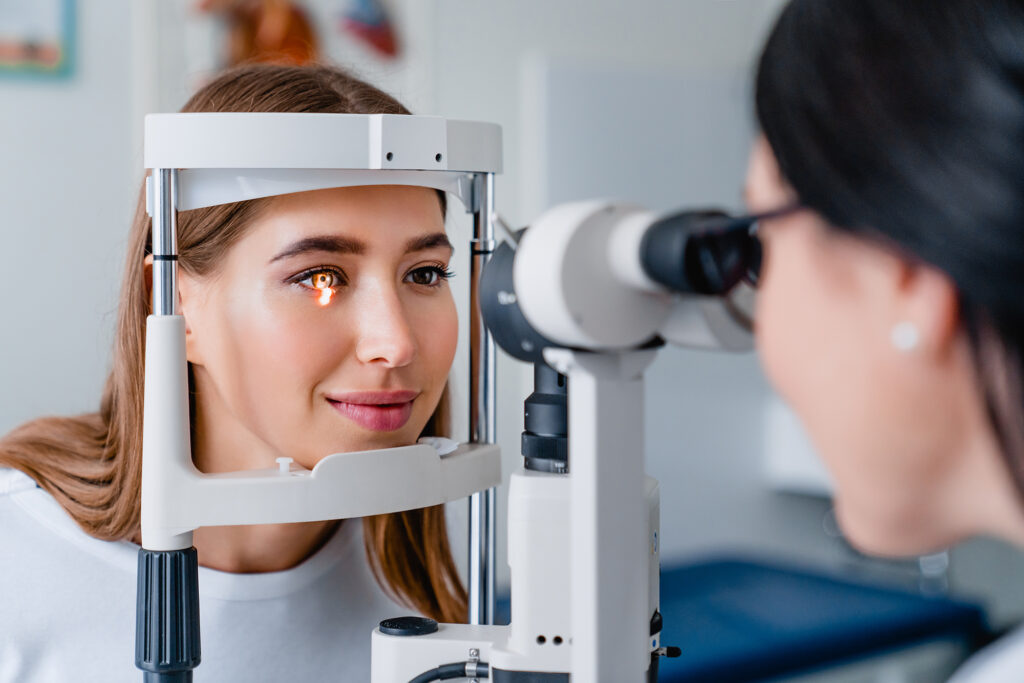If you’ve worn glasses or contact lenses for a long time, you’re well-acquainted with the hassles of having to wear corrective eyewear. Fortunately, advances in optical technology have developed orthokeratology or Ortho-K, a specialized contact lens that can improve your eyesight while you sleep.
Read on as a Fort Worth, TX optometrist talks about orthokeratology, how it works, and the range of eye conditions Ortho-K lenses can treat.
Corneal Refractive Errors – What Are They?
Corneal refractive errors are a common cause of poor vision. They’re also a prime example of how your eye’s health can affect your quality of life.
Corneal refractive errors happen when the cornea—the transparent part of your eye that allows light to pass through it—isn’t shaped or positioned properly. This problem can cause blurry vision, headaches, and other symptoms that interfere with your ability to see clearly and do what you love.
The most common corneal refractive errors include:
- Astigmatism: When the cornea doesn’t have a uniform curvature across its surface, it causes blurred vision at all distances.
- Myopia (nearsightedness): When light enters the eye, it focuses behind the retina instead of on it, causing distant objects to appear blurry while close ones appear clear.
- Hyperopia (farsightedness): When light enters the eye, it focuses in front of the retina instead of on it, causing distant objects to appear blurry but close ones appear clear.
What Is Orthokeratology?
Orthokeratology, also known as corneal refractive therapy or CRT, is a form of vision correction where you wear contact lenses overnight to reshape your eyes. The contact lenses temporarily flatten and change the shape of your cornea, allowing it to focus light properly so that you can see clearly during the day.
Orthokeratology is a safe alternative to LASIK or PRK surgery because it doesn’t require cutting into the eye to reshape it. It’s also less expensive than traditional contact lens wear.
Other benefits of orthokeratology include:
- Increased comfort and better quality sleep by reducing dryness caused by contact lenses
- Less risk for infection, corneal ulcers, and corneal problems associated with extended periods of time wearing contacts
- The ability to wear contact lenses comfortably while swimming or playing sports
- Corrected distance vision during the day
Who Is the Perfect Candidate for Orthokeratology?
If you suffer from hyperopia (farsightedness), myopia (nearsightedness), or astigmatism and you’re not interested in undergoing more invasive procedures like LASIK surgery, orthokeratology may be right for you.
The procedure is also a good option for patients who have undergone cataract surgery but still have residual refractive errors that need correction. It’s also a great option for slowing the progression of nearsightedness in children.
If you have more questions or wish to schedule a consultation, please don’t hesitate to call our Fort Worth, TX optometry office anytime!



